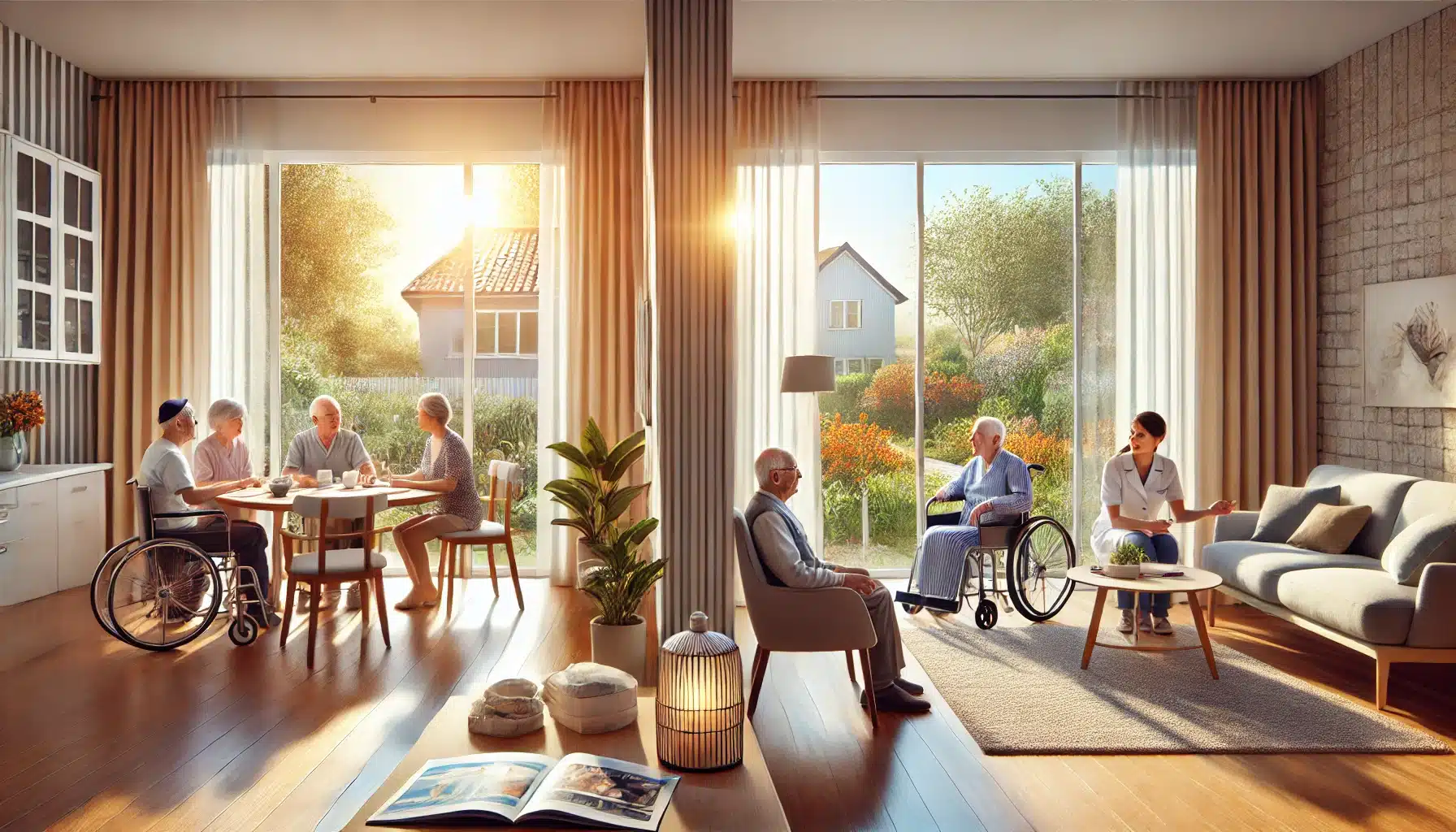In recent years, elderly care in Israel has become a significant challenge for the society. With increasing life expectancy and a growing elderly population, many families face the difficult question: home care or nursing home? This article aims to provide comprehensive information and assist in making an informed decision.
Current Situation for Elderly Care in Israel:
As of 2023, approximately 12% of Israel’s population is 65 years or older, and this number is expected to grow to 14% by 2030. This reality poses significant challenges to the healthcare and welfare systems.
The Dilemma in Elderly Care in Israel: Home vs. Institution
On one hand, the desire to keep our loved ones in the familiar environment of their home is natural and understandable. On the other hand, the need for 24/7 professional care and the desire to ensure their safety can lead to considering other options.
Challenges of Home Care
- High costs: Hiring a 24/7 caregiver can be very expensive, especially in a market where demand far exceeds supply.
- Caregiver shortage: There is a growing shortage of professional caregivers, especially foreign workers. The quality of caregivers is decreasing while their demands are increasing.
- Caregiver turnover: Often, due to the difficulties in caregiving, caregivers leave and sometimes even flee.
- Family burden: Even with a full-time caregiver, the family still bears a significant burden of managing events between the caregiver and the elderly person.
- Loneliness: Often, the elderly person remains lonely at home without sufficient social interaction.
- Language and cultural barriers: With foreign caregivers, communication and cultural gaps can arise.
Advantages of Modern Nursing Homes
- 24/7 professional care: Medical and nursing staff always available.
- Social activities: Daily enrichment programs and social interactions.
- Adapted infrastructure: Buildings and facilities tailored to the needs of the elderly.
- Peace of mind for the family: Knowing that your loved one is well cared for and safe.
- Additional services: Tailored meals, laundry services, cleaning, and more.
Intermediate Solution: Assisted Living and Early Transition
One of the currently recommended strategies is an early transition to assisted living, at ages 70-75, when the elderly person is still relatively healthy. The advantages include:
- Gradual adaptation: Allows the elderly to adapt to the new environment gradually and move from one framework to another according to physical and cognitive deterioration.
- Informed choice: The elderly can actively participate in choosing the right place for them. The selection process is done thoughtfully and without pressure.
- Long-term planning: Allows for gradual adjustment of care level over the years.
- Creating social connections: Opportunity to form new relationships in a supportive environment.


